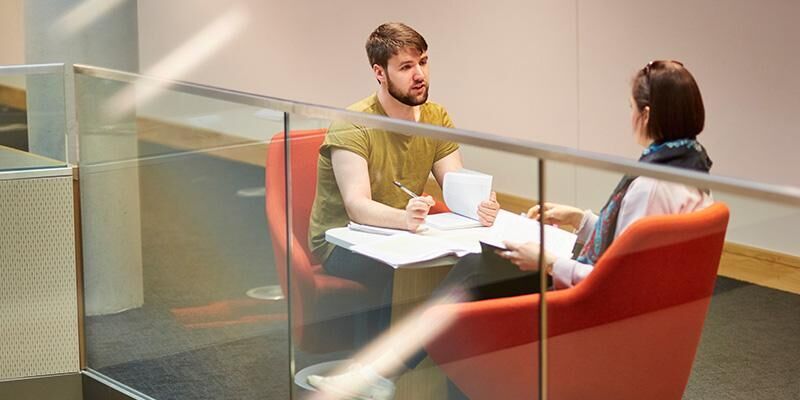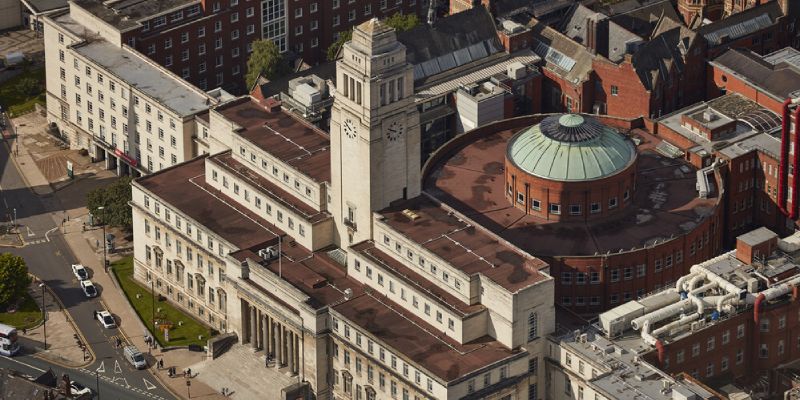Linguistics and Translation research
Research and innovation
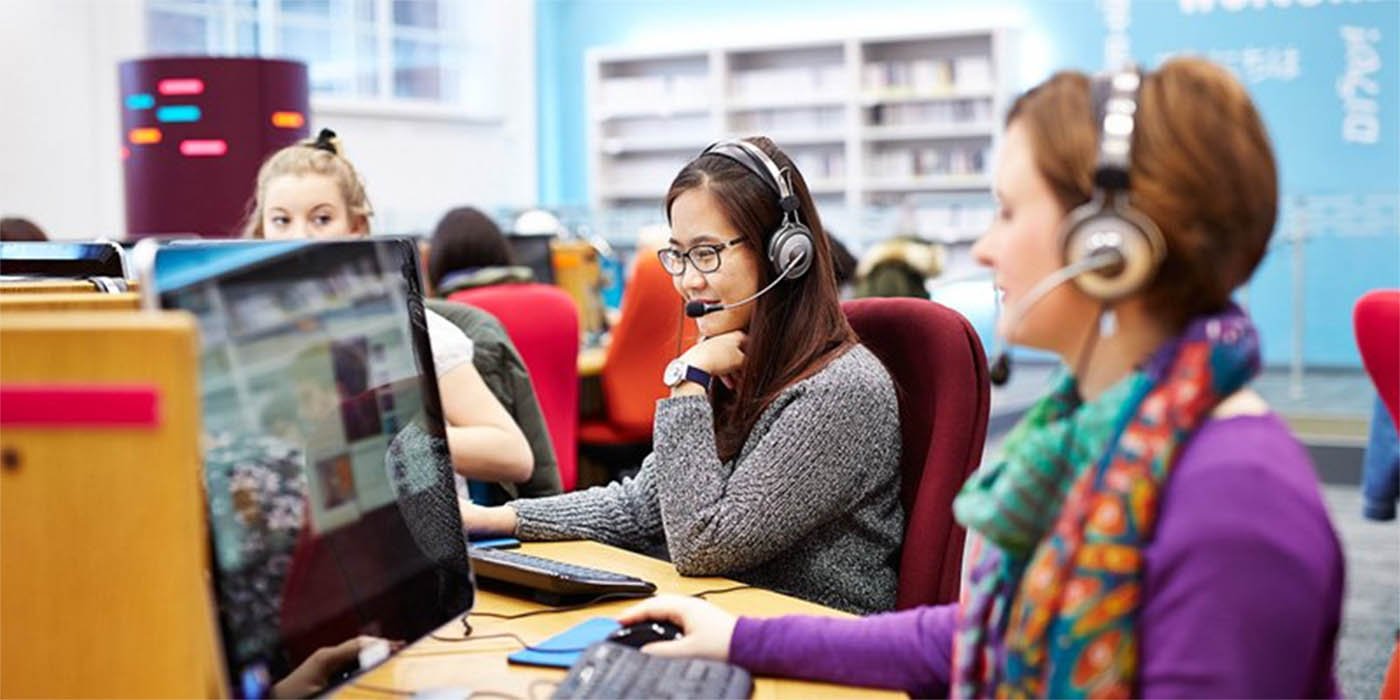
Linguistics and Translation
Dialectology
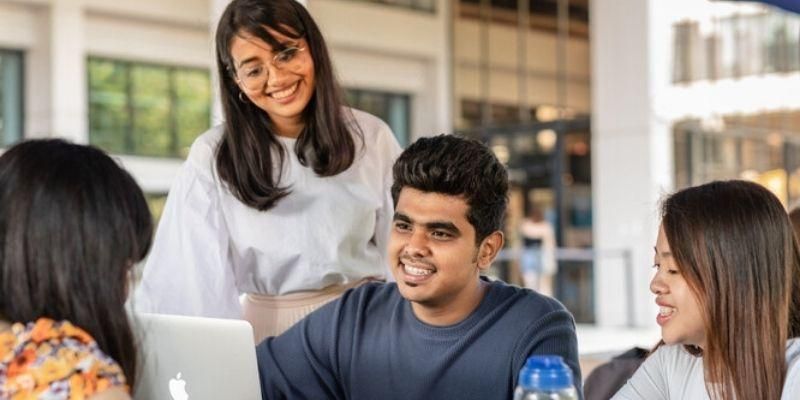
We explore the Arabic dialects of Yemen, Saudi Arabia, Sudan, Egypt, Iraq, and Jordan, with research into the description of individual dialects and comparison of dialects.
MoreDiscourse analysis
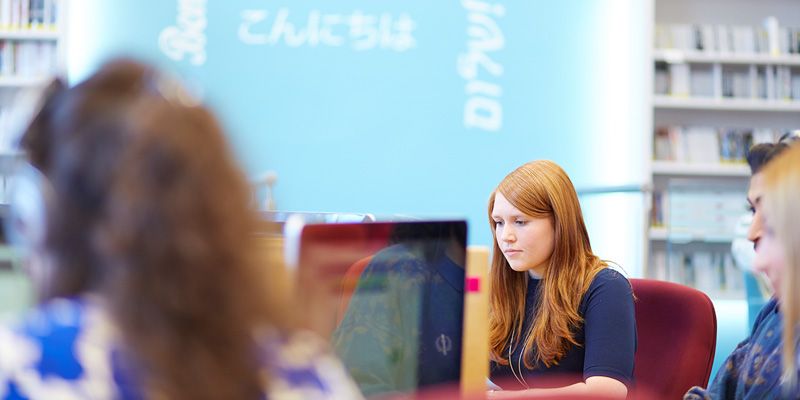
Our research focuses on representation of road users in official publications, language ideologies in media discourse, media representations of rape and violent crime against women, and politeness in institutional settings.
MoreFormal linguistics
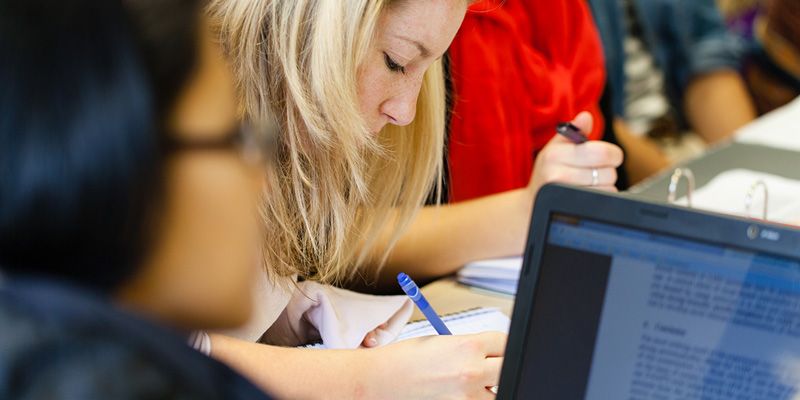
Our work brings together researchers with an interest in formal linguistics encompassing syntax / semantics and phonetics / phonology.
MoreInterpreting
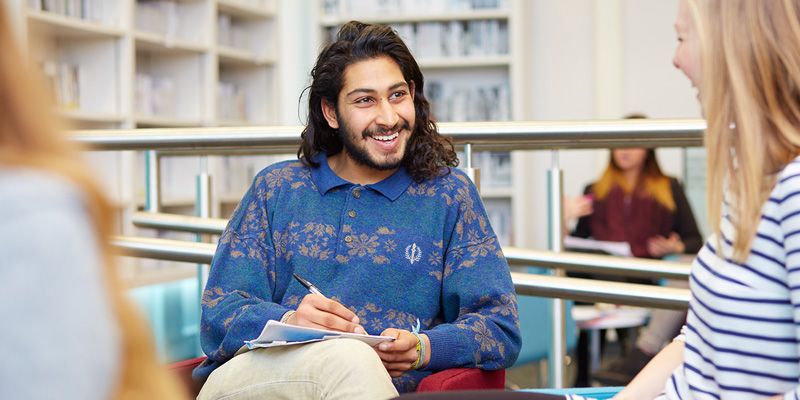
Our interdisciplinary research covers a wide area including the cognitive process of bilingual processing, translingual discourse comprehension and reproduction, interpreter training pedagogy, interpreting practice and activities in interpreter-aided multilingual communication.
MoreLanguage acquisition
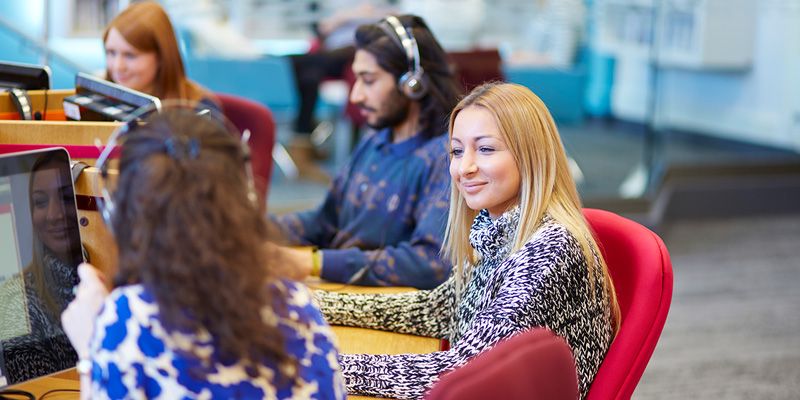
We bring together researchers focusing on first language acquisition, bilingual acquisition (in children and adults) and second language acquisition (in children and adults).
MoreLanguage documentation
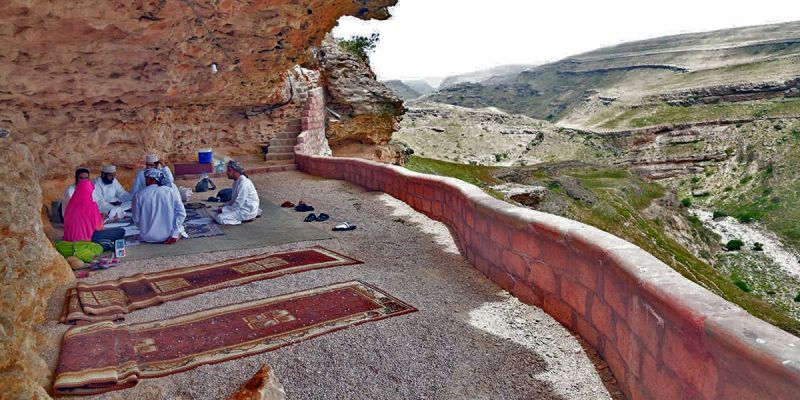
Our research focus is on lesser-studied languages, data storage and archiving, ethnolinguistic analysis, multimodality, ecolinguistics, and language and migration.
MoreLanguage pedagogy
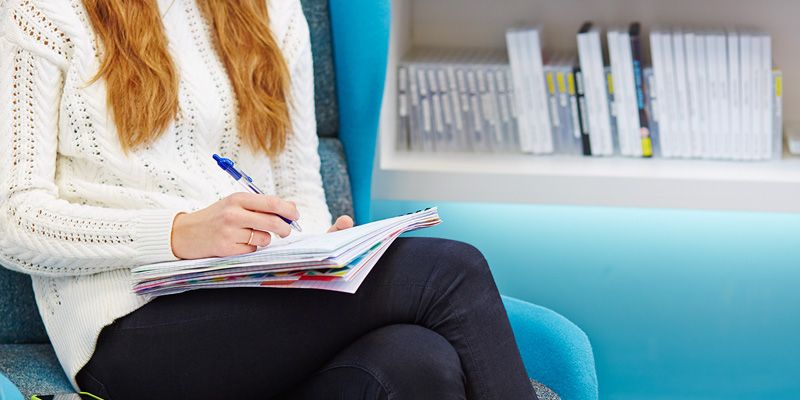
With our research, we aim to improve language learning for the diverse range of students in our School, and also to influence language education policies and practices across the sector.
MoreLanguage processing

Language processing research encompasses language acquisition and the factors affecting speech processing in native speakers. We research on first language and second learners, and native speakers.
MoreLanguage variation
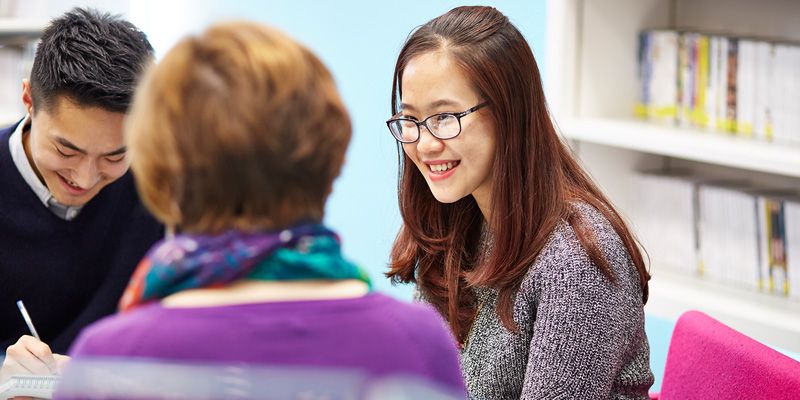
Our research focuses on sociophonetic variation, discourse context on sound patterns, bi-dialectalism, and the development of sociolinguistic awareness.
MoreMultilingualism
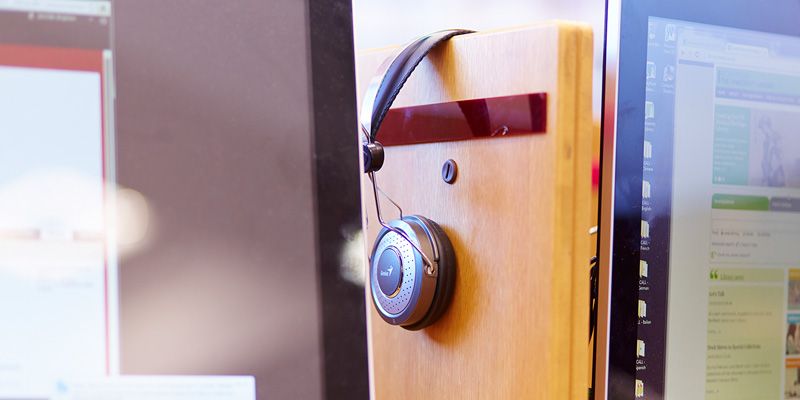
Our research focuses on intercultural communication and intercultural competence, language and mobility / space / attitudes, language policy, and pragmatics of code-switching.
MoreMultimodality
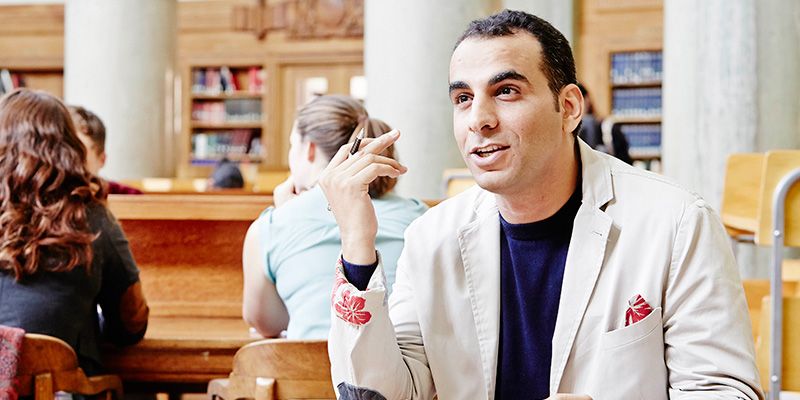
Our research focuses on multimodality of human communication, which is meaning made through the combined use of semiotic resources including speech, gesture, facial expression, body movement, and the built environment.
MoreSpeech production and perception
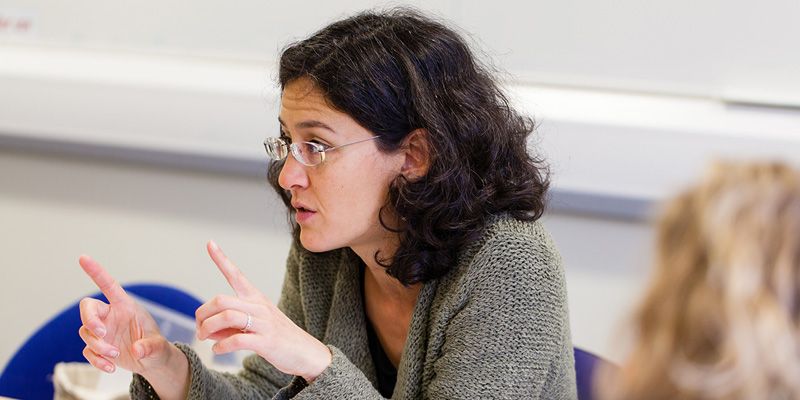
Our researchers are interested in themes such as consonant articulation, consonant clusters and vowel epenthesis, speech tempo, phonetic reduction patterns, and sociophonetic variation in production and perception.
MoreTranslation
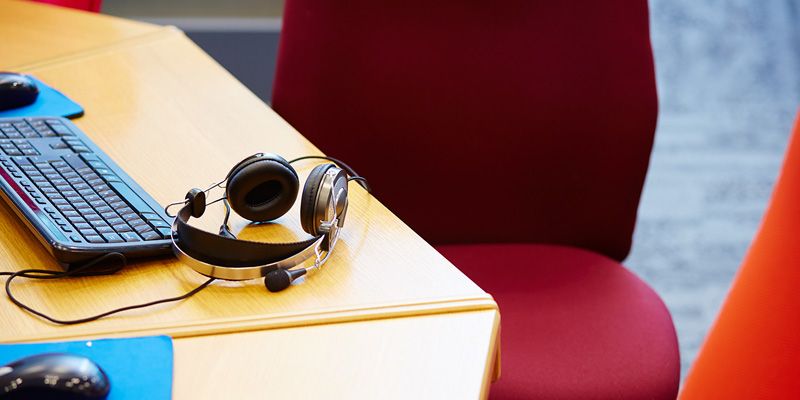
We conduct research in many aspects of Translation studies, including Audiovisual translation studies. Our research is motivated by an interest in analysing the translation product, and the process which leads to it, based on actual data.
MoreExpertise
Discover our subject specialists who lead our research - from postgraduate research students to internationally-renowned academic staff.
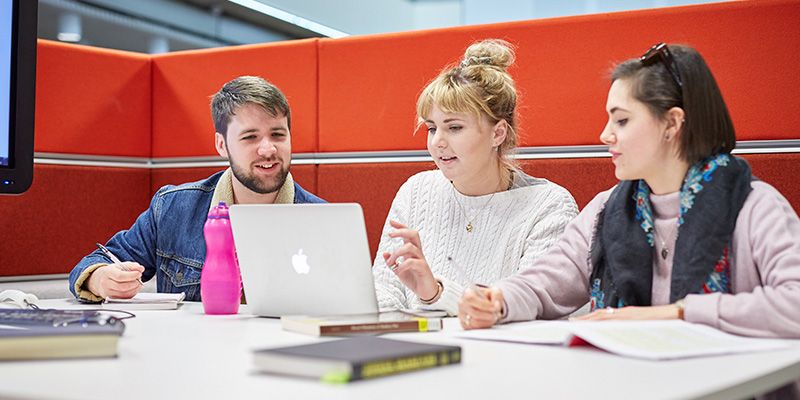
Projects
Our research projects explore a wide range of issues within translation, audiotranslation, interpreting, language development, production, and processing, and multilingualism.
We also run a Research Experience Scheme, to which undergraduate Linguistics students can apply. Its aim is to offer opportunities to assist with our current research projects, thereby providing insight into the research process.
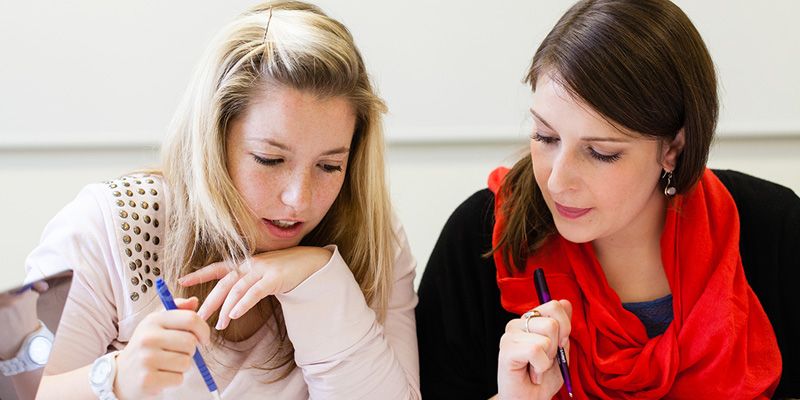
Impact and engagement
Our research in Linguistics seeks to inform the advice given to teachers and parents on how to facilitate children's language development. We also strive to support professionals who work with children with English as an additional language.
The Centre for Translation Studies works closely with professional translators and interpreters and has a long-standing collaboration on funded projects with top-level academic and industrial partners worldwide and with prestigious European and international organisations.
Opportunities for Postdoctoral Fellowships
We have a strong history of successful applications across a number of postdoctoral schemes, and a vibrant community of current postdoctoral scholars who are funded through a variety of schemes and models. Over the past several years we have hosted nine postdocs through the major schemes offered by funders including Marie Curie, the British Academy and The Leverhulme Trust.


